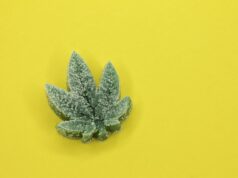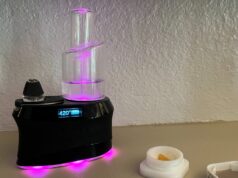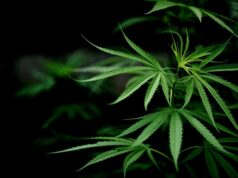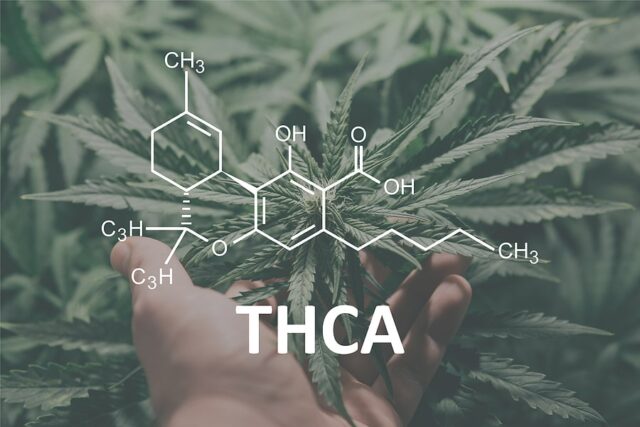
The tetrahydrocannabinolic acid is the precursor to THC and one of the main components in raw cannabis. THCA is not psychoactive and does not produce any psychoactive effects like THC. Instead it has been shown to have a myriad of beneficial physiological effects on the human body such as neuroprotective, anti-inflammatory and antioxidant properties. Unfortunately there still isn’t much concrete research and results on the possible benefits of it due to its unstable nature and difficulty in isolating it into an effective form for clinical trials. In this article you will get to know everything about THCA and its differences from THC.
What are the Chemical differences between THCA and THC?
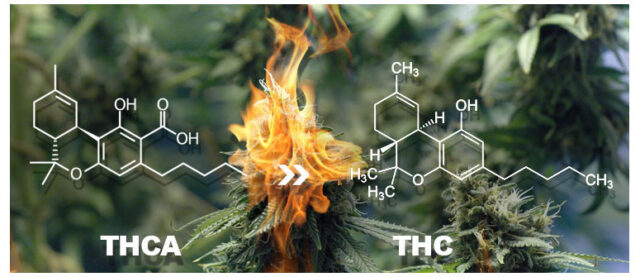
First of all, it is important to understand that both compounds are part of the same family of compounds known as cannabinoids. The main difference between them is their chemical structure: while THC has a double bond between carbon atoms 11 and 12, THCA has an extra carboxyl group that makes it slightly more acidic than THC. This extra acidity in the compound causes it to react differently with the human body when consumed or used medicinally, resulting in different effects and potential benefits.
THC molecules can easily be absorbed through inhalation or ingestion whereas THCA molecules need to go through a process called decarboxylation before they can be transformed into their active form (THC). When it is exposed to heat, it loses its carboxyl group giving rise to THC and other metabolites.
What are the effects of THCA?
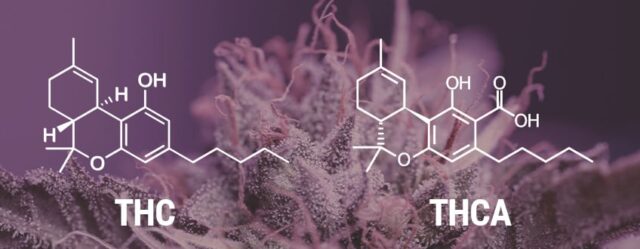
Since THCA is not psychoactive like THC, it does not produce any euphoric or psychoactive effect when consumed. It does however contain various therapeutic properties that have been studied for potential medical applications such as analgesic, anti-inflammatory and neuroprotective effects. There has also been research to suggest that THCA may be effective at reducing nausea and vomiting, improving sleep quality and helping with muscle spasms. However, more research is needed in order to prove these claims and make conclusive statements on their effectiveness.
How to consume THCA?
Currently the only way to consume THCA is through raw cannabis. Since it is not psychoactive, it can be consumed in larger doses without any of the usual side effects associated with THC. In its raw form, THCA can easily be added to smoothies, salads or other dishes for a boost of nutrition and potential health benefits. For those looking for more potent forms of it, there are products available on the market such as tinctures or capsules which contain higher concentrations of this cannabinoid.
Overall, THCA offers some unique health benefits that cannot be found in THC. While more research needs to be done to fully understand these potential therapeutic properties, preliminary studies have shown promise in terms of their applications in medicine.
Pros of THCA
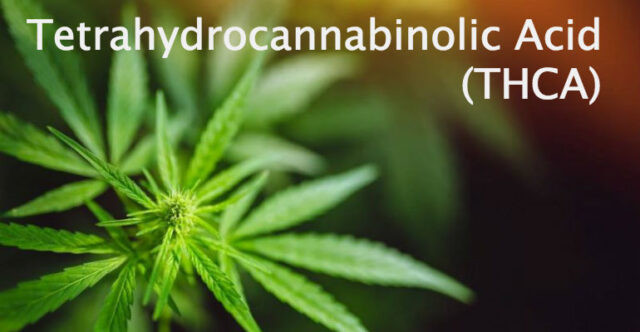
-Non-psychoactive-Potential therapeutic properties such as analgesic, anti-inflammatory and neuroprotective effects
-Can be consumed in larger doses without the usual side effects of THC consumption
-Can be added to food or taken in concentrated forms such as tinctures and capsules
Cons of THCA
-More research is required to understand its full potential medical applications
-It needs to go through a process called decarboxylation before it can be transformed into its active form (THC)
-It is unstable in nature and difficult to isolate, making clinical trials challenging.
Why is THCA important?
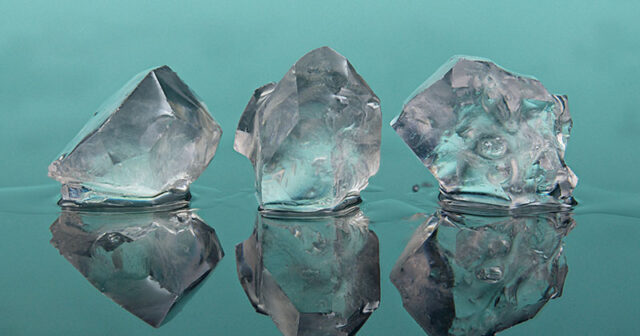
THCA is the precursor to the more commonly known THC and therefore it plays an essential role in the production of this cannabinoid. It also has a number of potential health benefits that are currently being studied for medical applications. Due to its non-psychoactive properties, it can be consumed in larger doses without any of the usual side effects associated with THC. It is also found naturally in raw cannabis, making it an easy and accessible option for those looking to reap the potential benefits of this cannabinoid.
While THCA does not produce the same euphoric high as THC, it does have various therapeutic properties that could potentially be used for medical purposes.
Conclusion
THCA is a non-psychoactive cannabinoid that is found naturally in raw cannabis and has been studied for its potential therapeutic properties. It does not produce the same euphoric high as THC, but it can be consumed in larger doses without any of the usual side effects associated with THC consumption. While more research is needed to understand its full potential, preliminary studies have suggested various possible medical applications. It is also important for its role in the production of THC, making it an essential part of the cannabis plant.
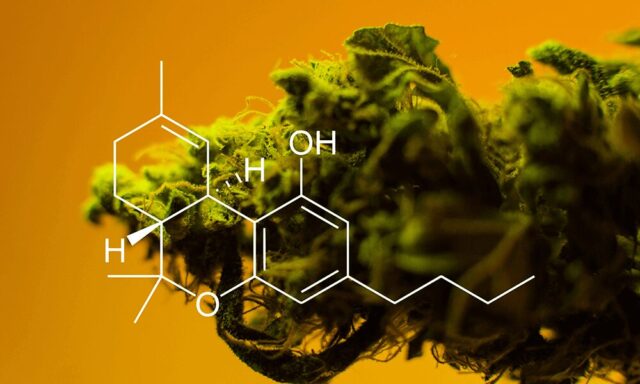
FAQs:
Is THCA psychoactive?
No, THCA is not psychoactive like THC and does not produce any euphoric or psychoactive effect when consumed.
What are the potential health benefits of THCA?
Preliminary studies have suggested that THCA may have analgesic, anti-inflammatory and neuroprotective effects as well as the ability to reduce nausea and vomiting, improve sleep quality and help with muscle spasms.
How to get THCA?
THCA can be found naturally in raw cannabis and is also available in products such as tinctures or capsules which contain higher concentrations of this cannabinoid.
Is it legal to consume THCA?
The legality of consuming THCA depends on the laws of your state or country. It is important to check local laws before consuming any cannabis products.
Is THCA a drug?
THCA is not considered a drug, but it can be used as an ingredient in medical products. More research is needed to understand its full potential. As a potential therapeutic compound, it is important to consult with a healthcare professional before consuming any cannabis products.
What is a good THCA level?
There is no definitive answer to this question as THCA levels vary from strain to strain and product to product. Generally, concentrations of 2-10% are considered good for therapeutic applications. However, it is important to check the label and confirm the exact concentration before consuming any cannabis product.

